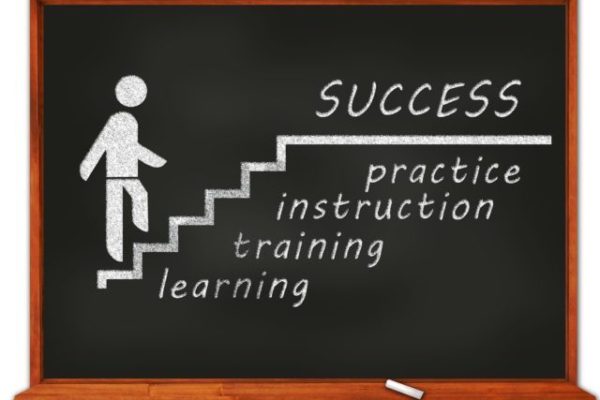By now, whether you are back at school in person or attending school virtually, most of you have already finished the first grading period, and those of you who haven’t will be doing so soon. Since there are countless different school schedules, I will not write about each of the possibilities. Instead, I will give you general guidelines about how to approach grading periods, and you will be able to apply them to whatever schedule you have.
The first thing to remember is how important knowing your school’s schedule of grading periods is. When you make yourself aware of when each grading period closes, you will be able to keep better track of where you stand in each of your classes, and how much time you will have to make improvements to your grades before they close. Your school’s website and/or grading portal should have this information, and you can certainly ask your teachers as well. Just remember that what you need to know is when grades close, not when you will receive your report card or be able to look up your grades online! Teachers need time to grade your work and post your grades, so grades usually close a few days to a week before you will receive them.
Knowing your school’s grading period schedule also means knowing how many grading periods there are and how your grades will be averaged. Does your school have quarters? Trimesters? Semesters? When are exams? Are they a part of the grading periods, or are they averaged in separately? If they are averaged in separately, what weight are they given? Knowing how your school year is structured will help you figure out what opportunities you will have to improve your grades in future grading periods, so that your year’s average will not be pulled down too much by one low grade.
If your first grading period has already ended, take the time to think about what you did well and what you can do better in the new grading period. Did you get the grades you expected to in each subject? If some or all of your grades were not what you were hoping for, look at each of them more closely and ask yourself what could have caused this. Did you do poorly on any tests or assignments? Did you turn all your assignments in? Were they on time? Did you participate in class consistently and come to class prepared to do so?
If your first grading period has not yet ended, check your online grading portal, and/or ask your teachers where your grades currently stand, then ask yourself all the questions about your grades I posed in the previous paragraph. If you find that there is anything you wish to improve and you are aware of tests or assignments that will occur or be due before grades close, try to find some extra time to study, or to make certain that your final assignments of the grading period are turned in on time and done to the best of your ability. It might be too late in this grading period for the differences in your grades to be significant, but since your final grades in the courses will be averaged ones, every little bit counts!
Whether you are still finishing your first grading period or have started your second one, you may be wondering what comes next. In my next post, I will again discuss the importance of knowing your grading periods. This post focused on how to make the best of how your grading periods end. In my next post, I will focus on how to make the best of how your grading periods begin. Whether you need to build on grades you’re happy with, improve grades you wish were better, or a combination of both, it is important to remember that new grading periods provide a fresh start, and that you should take the best possible advantage of it that you can.

